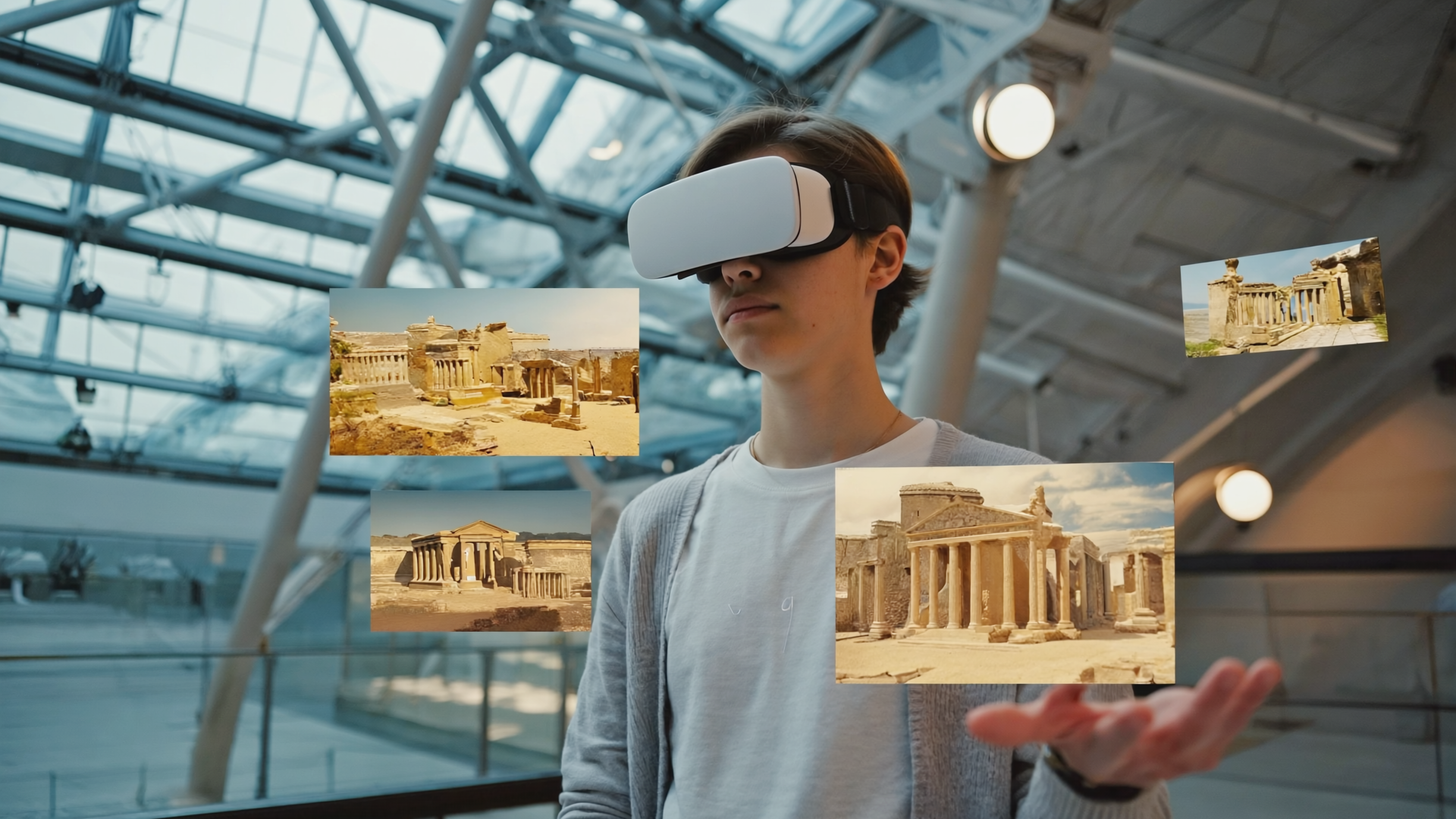The hallowed lecture hall, with its tiered seating and venerable lectern, has long stood as the quintessential symbol of higher learning. But in an era defined by exponential technological advancement and an insatiable appetite for experiential engagement, even the most revered traditions are ripe for a renaissance. Enter “Project Chimera,” an audacious and utterly captivating initiative emerging from the intellectual crucible of Harvard’s Graduate School of Education, in dynamic collaboration with the university’s formidable tech sorcerers. This is not merely an upgrade to existing pedagogical tools; it is a fundamental reimagining of the very essence of learning, transforming education from a passive reception of information into an immersive, multi-sensory odyssey that promises to sculpt not just knowledgeable minds, but profoundly wise and adaptive intellects.
Forget dusty textbooks and rote memorization. Project Chimera aims to construct “mind palaces” of an entirely new order, leveraging the transformative power of augmented reality (AR), virtual reality (VR), and sophisticated AI-driven narratives. Imagine, if you will, stepping not into a classroom, but directly into the bustling agora of ancient Athens to debate ethics with a startlingly lifelike, AI-powered Socrates. Picture yourself dissecting complex international policy not from a case study, but within a virtual United Nations assembly, responding in real-time to simulated global crises alongside holographic representations of world leaders. Envision exploring the intricate double helix of DNA not as a flat diagram, but as a vast, explorable molecular landscape, or conducting sensitive historical research by “walking through” meticulously reconstructed archives, interacting with primary source documents that come alive with contextual storytelling.
This is education elevated to an art form, an experiential symphony designed to engage the senses, ignite curiosity, and foster a depth of understanding that traditional methods can only aspire to. The “Chimera” in the project’s name hints at this fusion of disparate realities—the physical and the digital, the historical and the contemporary, the factual and the simulated—creating learning environments that are as richly textured and complex as the world they seek to illuminate. Harvard is not just digitizing its curriculum; it is crafting bespoke intellectual adventures, each tailored to cultivate critical thinking, empathetic reasoning, and the ability to navigate ambiguity with confidence and creativity.
The pedagogical philosophy underpinning Project Chimera is as innovative as its technological framework. It moves beyond the mere transmission of knowledge to the cultivation of “adaptive expertise”—the capacity to apply learning in novel situations, to solve unscripted problems, and to continuously learn and evolve in a rapidly changing world. By immersing students in dynamic, responsive environments, Harvard aims to develop not just what they know, but how they think. The Socratic method, a cornerstone of Harvard’s intellectual tradition, finds a potent new expression here, as AI-driven virtual mentors guide students through complex scenarios, challenging their assumptions, prompting deeper inquiry, and fostering a robust internalisation of concepts.
The technological alchemy involved is, of course, at the bleeding edge. We’re talking about hyper-realistic digital environments, haptic feedback systems that allow for a sense of touch and interaction within virtual spaces, and AI tutors capable of understanding and responding to nuanced human expression. Yet, the true genius of Project Chimera lies not just in its technological prowess, but in its thoughtful integration with Harvard’s unparalleled academic content and its deep understanding of cognitive science. This isn’t technology for technology’s sake; it’s a meticulously orchestrated convergence designed to unlock new pathways to learning and ignite a genuine passion for discovery.
Consider the implications for disciplines across the academic spectrum. Medical students could perform complex surgical procedures in zero-risk virtual operating theatres, receiving immediate, personalized feedback. Aspiring architects could walk through and modify their designs in full scale before a single brick is laid. Historians could witness pivotal moments firsthand, gaining an unparalleled visceral understanding of past events. Even fields like literature and philosophy could be transformed, with students engaging in dialogues with literary characters or exploring ethical dilemmas in richly simulated moral landscapes. The potential is as boundless as human imagination itself.
Naturally, such a revolutionary approach to education requires a new breed of educator – one who is not just a lecturer, but a facilitator, a curator of experiences, and a guide through these immersive intellectual terrains. Harvard is simultaneously investing in training its faculty to harness the power of these new tools, ensuring that the human element—the mentorship, the inspiration, the fostering of intellectual community—remains central to the educational experience.
Project Chimera is more than an internal Harvard initiative; it is a beacon, signaling a profound shift in the global landscape of higher education. It suggests that the most compelling, effective, and indeed, the most luxurious learning environments of the future will be those that transcend the physical confines of the traditional classroom, offering personalized, deeply engaging, and transformative intellectual journeys. It is a testament to Harvard’s enduring commitment to pioneering new frontiers of knowledge, not just for its own students, but for the world.
As we stand on the precipice of this new educational epoch, Harvard is proving that the most profound learning occurs when intellect, imagination, and experience converge. The mind palace is no longer a mere mnemonic device; it is being actively constructed, pixel by painstaking pixel, algorithm by intelligent algorithm, in the very heart of one of the world’s most esteemed institutions. The future of learning isn’t just coming; it’s being artfully, brilliantly, and immersively designed.


